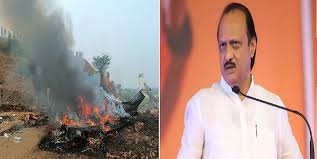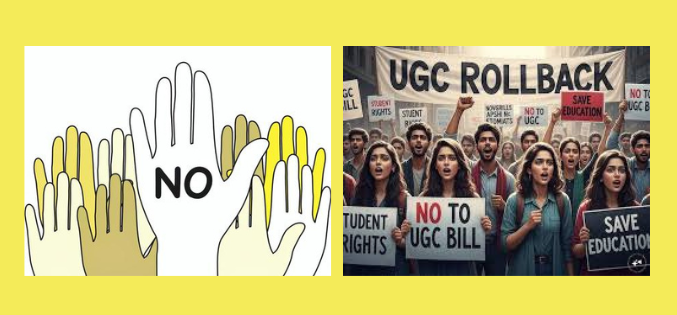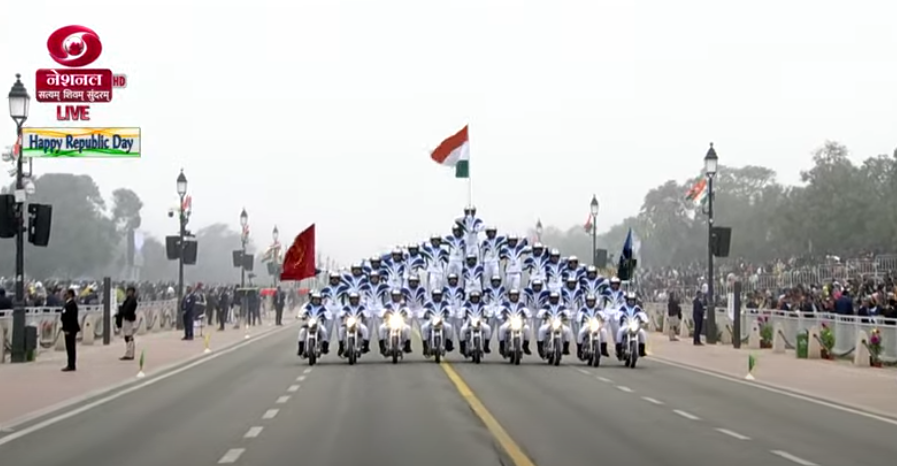
2nd to 6th October 2025 | Mehrangarh Fort, Jodhpur
Jodhpur: Under the glow of this year’s early Sharad Purnima, Jodhpur’s iconic Mehrangarh Fort will once again transform into a living stage for Jodhpur RIFF 2025, presenting rare musical treasures from Rajasthan, India, and across the globe. From Bhutan to Colombia, Uzbekistan to Portugal, the festival will host artists whose traditions span centuries yet speak powerfully to contemporary audiences.

Now in its 18th year, Jodhpur RIFF remains a crucible for collaboration—celebrating Rajasthan’s folk heritage while inviting global masters to interact, experiment, and create new soundscapes. Under the patronage of HH Maharaja Gaj Singh II and guided by Festival Director Divya Bhatia, the event blends heritage with fearless reinvention, offering performances that dissolve borders and genres.












Highlights include Padma Shri Lakha Khan, the last living master of the 27-string Sindhi sarangi; Sawan Khan, Manganiyar Sufi vocalist; Mahesaram Meghwal with bhajans of saint-poets; and sibling duos like the Dangi Sisters and kamaicha masters Ghewar, Darre, and Feroze. From beyond India come Sonam Dorji (Bhutan), Gulzoda Khudoynazarova (Uzbekistan), Layla Tazhibayeva (Kazakhstan), Karolina Cicha (Poland), Emilia Lajunen (Finland), Helder Moutinho (Portugal), and DJ Killabeatmaker (Colombia). South India’s Jatayu will fuse Carnatic ragas with rock and jazz, while Davy Sicard brings the rhythms of Réunion Island.
The festival will also spotlight unique instruments—from the santoor of Pandit Satish Vyas to Central Asian gijjak and doyra, the Bhutanese drangyen, and Iberian and Portuguese guitar traditions—blending with Rajasthani percussion in electrifying cross-cultural jams. Its signature finale, the RIFF Rustle, promises an ambitious, all-artist collaboration on the eve of Sharad Purnima.
Beyond the stage, RIFF works year-round to support Rajasthani musicians through collaborations like the Cool Desert Project, livelihood programs, and projects that bridge traditional and modern music ecosystems.
Jodhpur RIFF 2025 invites audiences to listen deeply, witness living traditions in conversation with the present, and carry home not just memories of music, but a renewed sense of global connection under the desert moonlight.










Đến với trang hiếp dâm trẻ em, bạn không chỉ được xem full hd siêu mượt mà còn được xâm hại các bé cực vui.
wonderful points altogether, you just gained a new reader. What would you suggest about your post that you made some days ago? Any positive?